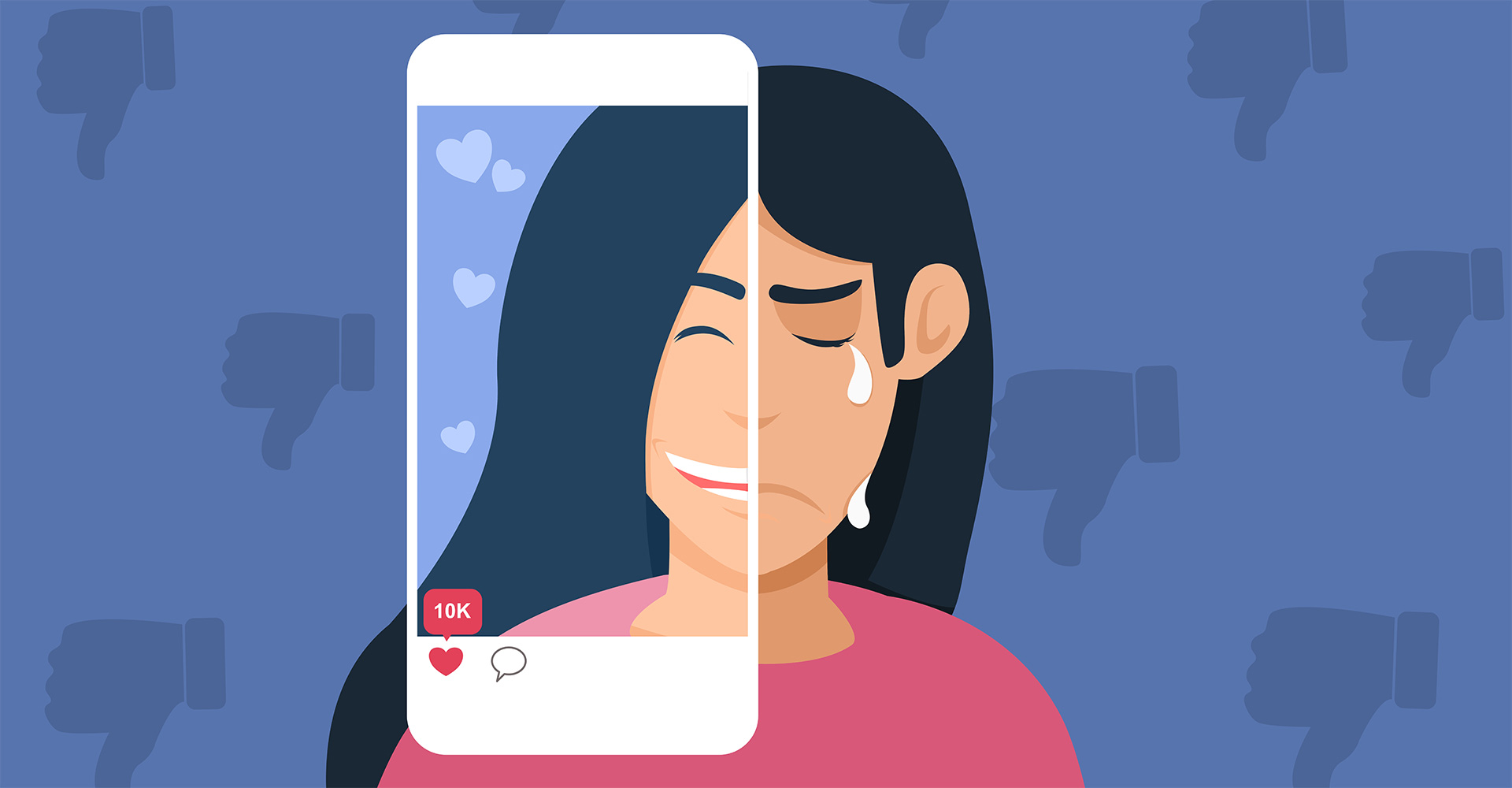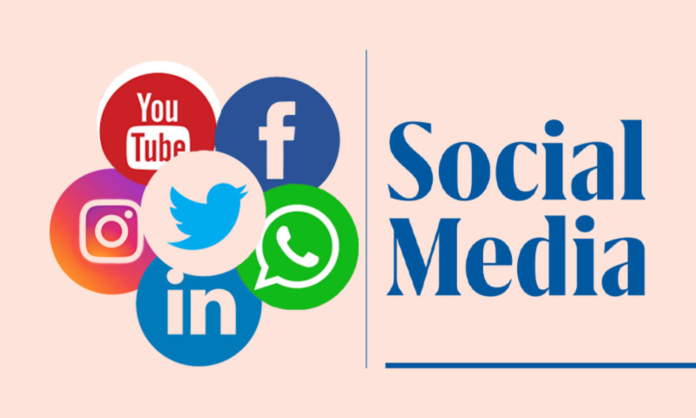Social media has revolutionized the way we communicate, connect, and share information. With platforms like Facebook, Twitter, Instagram, and YouTube dominating our digital landscape, it is impossible to deny the immense influence that social media has on society and culture. It has transformed the way we interact with others, access news and information, and shape our identities. In this article, we will explore the various aspects of social media’s impact on society and culture, both positive and negative.
One of the most significant effects of social media is its power to connect people from all corners of the globe. It has made the world a smaller place, breaking down geographical barriers and enabling individuals to form connections and build communities with like-minded individuals. Social media platforms have become virtual gathering places where people can share their thoughts, ideas, and experiences instantaneously. It has given a voice to the voiceless, empowering individuals and marginalized communities to speak up and advocate for change.
Moreover, social media has played a crucial role in promoting awareness and mobilizing social movements. From the Arab Spring to the #BlackLivesMatter movement, social media has been instrumental in organizing protests, raising funds for charitable causes, and spreading awareness about various social and political issues. It has allowed activists to reach a broader audience and has given rise to a new form of digital activism. Social media platforms have become powerful tools for social change, amplifying the voices of those fighting for justice and equality.
On the flip side, social media has also been associated with negative consequences for society and culture. One major concern is the impact it has on mental health. The constant exposure to carefully curated and often unrealistic portrayals of others’ lives can lead to feelings of inadequacy, anxiety, and depression. The pressure to conform to societal expectations and gain validation through likes and followers has created a culture of comparison and insecurity.

Another issue is the spread of misinformation and fake news. With the rapid dissemination of information on social media, it has become increasingly difficult to discern reliable sources from unreliable ones. False information can spread like wildfire, leading to widespread confusion and misinformation on important topics such as health, politics, and current events. This has serious implications for democracy and public discourse.
Moreover, social media has transformed the way we consume news and information. Traditional media outlets have been forced to adapt to the changing landscape, with many now relying on social media platforms to reach their audience. While this has increased accessibility and the speed of news delivery, it has also led to the rise of echo chambers and filter bubbles. Users tend to follow and engage with content that aligns with their existing beliefs, reinforcing their own perspectives and limiting exposure to diverse viewpoints. This can contribute to the polarization of society and hinder meaningful dialogue.
In addition, social media has had a profound impact on cultural norms and behaviors. It has given rise to new forms of expression and creativity, with influencers and content creators shaping popular culture and trends. Social media platforms have become virtual stages where individuals can curate and present their identities to the world. However, this has also led to concerns about authenticity and the blurring of boundaries between the private and public spheres. The pressure to maintain an online persona and the fear of missing out (FOMO) have become prevalent issues in today’s digital age.
In conclusion, the influence of social media on society and culture cannot be overstated. It has revolutionized the way we communicate, connect, and share information. Social media has empowered individuals, amplified marginalized voices, and mobilized social movements. However, it has also brought about negative consequences such as mental health issues, the spread of misinformation, and the polarization of society. As social media continues to evolve and shape our world, it is crucial that we remain critical consumers and actively navigate its complexities to ensure a positive and inclusive digital future.

